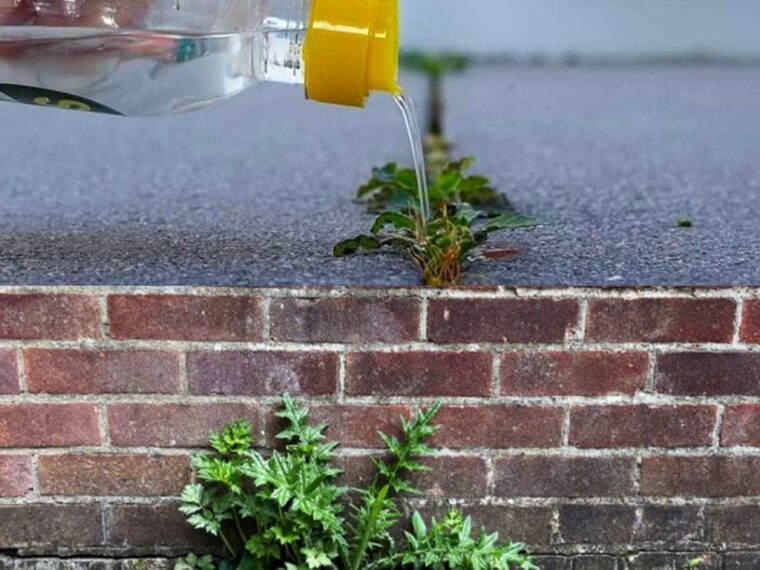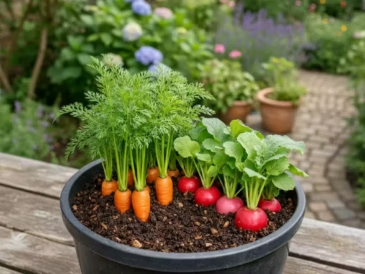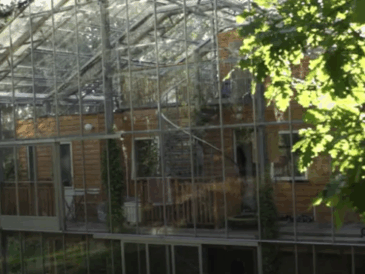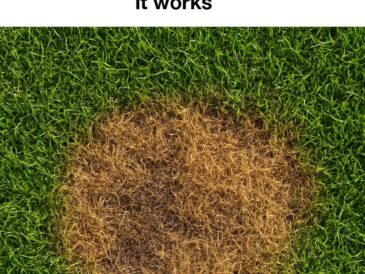5. Natural Vinegar Spray
Household vinegar (acetic acid) is an effective natural herbicide.
- Mix: 1 liter of white vinegar + 1 tablespoon of dish soap + optional 1 tablespoon of salt.
- Spray directly on weeds during sunny weather for maximum effect.
- Best for young, shallow-rooted weeds.
👉 According to a study published in Weed Science Journal, vinegar solutions can kill up to 80% of annual weeds after one application.
6. Solarization Technique
For larger garden areas infested with weeds:
- Cover the soil with a clear plastic sheet.
- Leave it in place for 4–6 weeks during hot weather.
- The trapped heat “cooks” the weeds and sterilizes the soil surface, reducing weed seed germination.
7. Corn Gluten Meal
This natural byproduct of corn milling acts as a pre-emergent herbicide.
- It prevents weed seeds from sprouting but won’t harm existing plants.
- Works best on lawns and garden beds when applied before weed seeds germinate in spring.
8. Encourage Healthy Plant Growth
Weeds thrive where soil is bare or weak. To naturally suppress weeds:
- Keep your lawn thick and well-fed to crowd out unwanted growth.
- Rotate crops and companion plant in vegetable gardens to minimize weed dominance.
- Cover bare soil quickly with groundcovers or fast-growing plants.
Conclusion
Weeds don’t have to mean endless battles with harsh chemicals. With natural methods like mulching, vinegar sprays, boiling water, and solarization, you can create a garden that’s both weed-free and eco-friendly. Not only will these solutions protect your soil and plants, but they’ll also safeguard your health and the environment.
🌱 A healthy, chemical-free garden is not only possible—it’s the natural choice for sustainable living.





